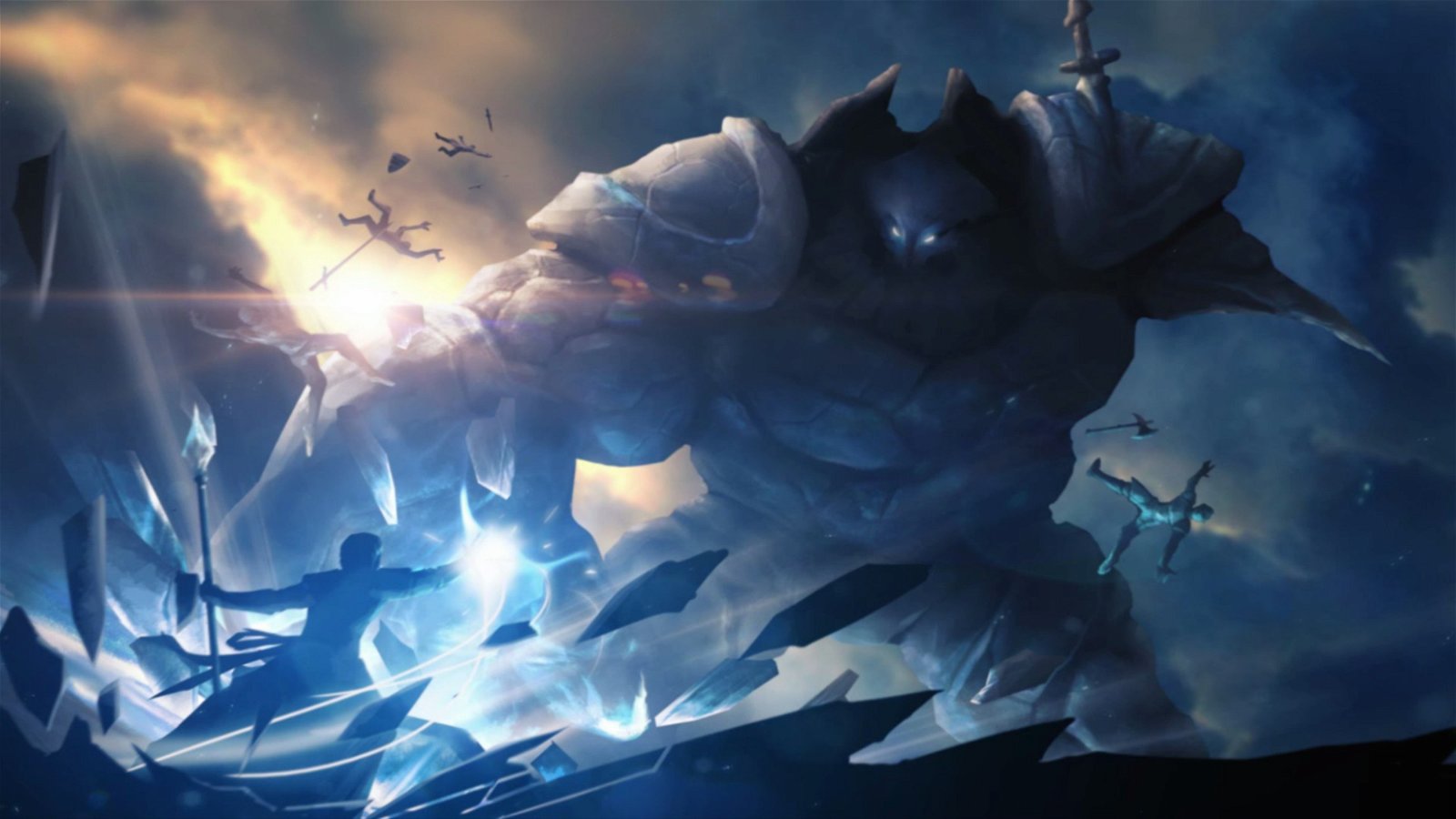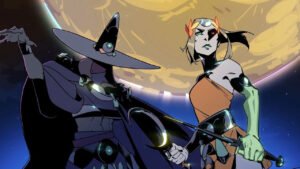Note: This preview looks at Fallen Enchantress as a total package rather than focusing entirely on the refinements and additions introduced to the game through the Legendary Heroes expansion.
***
Let’s just get this first part out of the way before going any further: Fallen Enchantress: Legendary Heroes strongly resembles Civilization. Stardock Entertainment’s fantasy flavoured strategy game has liberally borrowed from the classic franchise’s mechanics, visual style and even its user interface to the point where “homage” seems too light a descriptor. Fortunately Fallen Enchantress introduces a few elements that innovate on the Civilization formula and set the game (slightly) apart from Sid Meier’s brainchild.
For the most part Fallen Enchantress will feel incredibly familiar to Civ veterans. Players begin a campaign by picking or designing a faction/leader, plunk down their first city then set off down the long road of researching technologies, expanding their empire and managing diplomatic relationships with their neighbours. That all of this is draped in the fiction of an original fantasy universe rather than the trappings of real history hardly matters; Fallen Enchantress’ uniqueness is mostly confined to its introduction of role-playing tropes such as quest systems, equipment upgrading and turn-based combat.
These elements provide the best integration between the game’s fantasy narrative (something that is largely irrelevant if optional quests are avoided) and gameplay. Advancing a Sovereign/leader or Champion/hero unit’s skill tree and managing their collection of weapons, armour and items has direct ties with the game’s magically infused setting. Not only is the outcome of the game’s grid-based battles strongly influenced by the various spells, abilities and stat-boosting level ups players acquire during a campaign, but the monsters and folklore of Fallen Enchantress’ world influence the design of these features as well.
Because the game’s RPG mechanics integrate most effectively with Fallen Enchantress’ story (something not accomplished by the mainly narrative-free interactions between different kingdoms/empires), they represent the most worthwhile aspect of the experience. Going through the motions of the Civilization-esque faction management is a whole lot of fun, but it’s only in character creation, upgrading and combat that anything truly unique is accomplished. There is value in how well Stardock has managed to intertwine these features with the proven joy of turn-based state building (engaging in direct combat with an opponent feels much more satisfying than a purely numbers-based outcome would have). It’s possible to see that, with a little more emphasis on this unique part of the gameplay equation, Fallen Enchantress could have avoided inviting comparisons and better established its own personality.
The manner by which these elements of the game are portrayed is less successful, though. The game’s visuals are an unfortunate compromise between stylized cell-shading and blocky, “realistic” character models. The soundtrack is a dismal kind of Renaissance elevator music that only rarely transitions to anything like excitement during wartime. Worse yet is the utterly forgettable writing, a bland puree of fantasy tropes (expect to encounter plenty of dour faced sorceresses and bearded, long-haired men hailing from lands filled with dark wizards, dragons and goblins) that fails to entice much interest in the world of Elemental and its storied past. These presentation issues don’t ever get in the way of playing the game — as mentioned above the real meat of the narrative is relegated to optional quests and intro/endgame story scenes — but the lack of quality is still disappointing.
Fallen Enchantress owes such a tremendous debt to Civilization that, regardless of its generally enjoyable gameplay, playing it begs the question of why it was created at all. The tweaks it introduces feel more like an obsessively detailed mod than an original game. This is too bad because the RPG components that colour elements of the gameplay show that Stardock is capable of delivering something inventive when it strays from the series it appears so enamoured by. While not a bad game by any stretch of the imagination, Fallen Enchantress: Legendary Heroes’ obvious aping of a well-established franchise proves a detriment of its own sense of individuality.




